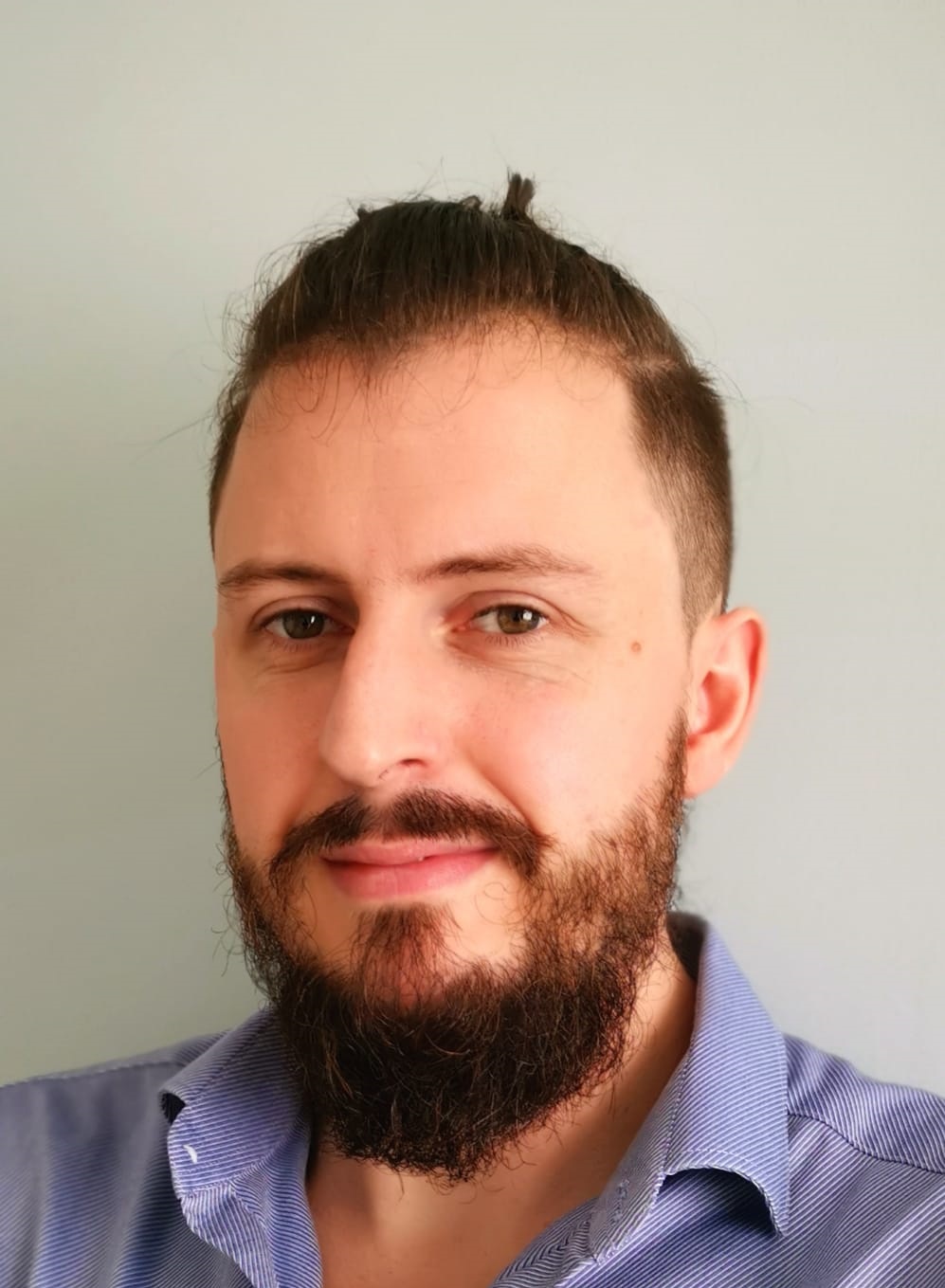Why Did You Choose To Pursue A PhD?
My main reasons to pursue a PhD are mainly career driven. My intention is to create a deep tech startup that focuses on curing aging. Given that the subject matter is deeply technical I figured that with having a PhD from a reputable university it will be easier in the future to raise Venture Capital. In addition during the PhD I have the time to explore the entire field of aging biology and build a large network to shape the future together.
Why Did You Choose To Pursue Your PhD At NUS?
The two conditions I had for my PhD was 1.) that I wanted to do it in the field of aging biology, and 2.) in Asia. As the research area I am interested in is rather specific there was not that much choice as there are not that many aging labs in Asia. Luckily, NUS just started a Center for Healthy Longevity, under the leadership of prominent aging scientist Prof. Brian Kennedy. So the stars aligned and I made the choice to pursue a PhD at NUS.
Can you tell us briefly about your research topic?
| In my research I combined methodologies from Artificial Intelligence, Complexity Science and Lipidomics to gain insights into the aging process and developing drugs that can slow it down. |
Why did you choose to do this research for your PhD?
Curing Aging is one of those fields that depending on the vantage point sounds like either Science Fiction, or totally doable. The perception of the public might tend more towards Sci-Fi, but from a real scientific perspective it looks like aging can be slowed down and even reversed significantly within our lifetime. This dichotomy excites me as working on aging means working towards a future that is better than the present.
What do you like most about graduate school?
What I like most about grad school is your independence, and that you are in charge of your research and your schedule. It just gives you a lot of freedom that you can decide when and where you work – as long as you get things done.
What challenges have you faced during your stint as a PhD student?
Having spent 4 years in the industry in non-biomedical areas, it was initially a bit of a challenge to catch up with all the biomedical jargon. However, it has also an advantage to know less as you questions common assumptions more frequently.
Any advice for someone who's considering a PhD in NUS?
Chose your PhD supervisor wisely. Make sure he is aligned with your working style and gives you the creative freedom to pursue your interests. It is your PhD, and your supervisors role is to keep you on track and prevent you from making large errors , but he should not dictate your research. Ask your potential supervisors hard questions at the beginning and make clear how you work and how you expect the student-supervisor dynamic will be.
Any other words of wisdom to share?
Don’t take life too seriously and just have fun living!

